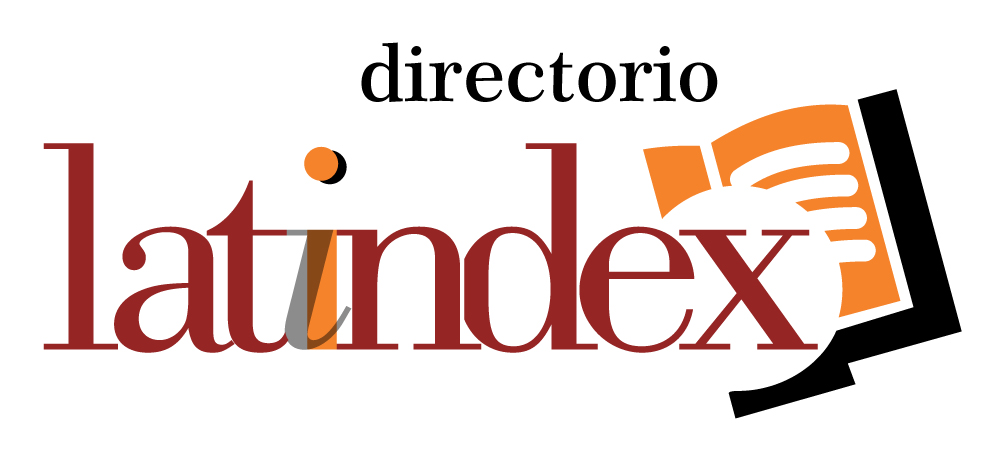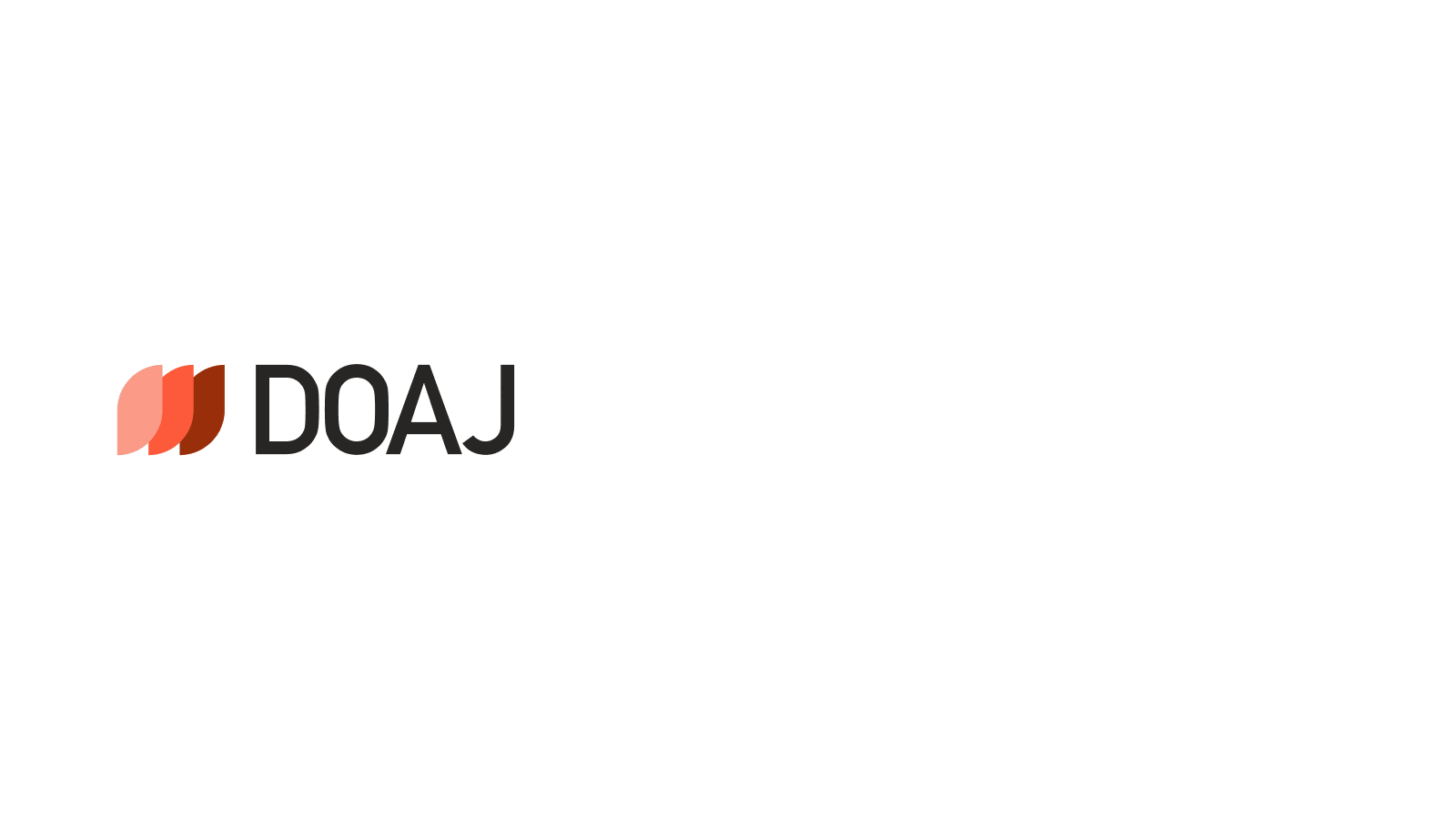The disabled existence: “being means to exist?”
Thinking about the ontological problem of truth in Gottlob Frege in inclusive education
Keywords:
Identity, Disability, Truth, Language, Inclusive educationAbstract
Being deficient implies a concept that has an identity with medical diagnosis of an injured body. Nowadays, through legal devices, the individuals diagnosed have, in possession of this identity, a legitimate means of guaranteeing the exercise of their basic rights as citizens. Thus, the task of receiving the knowledge demand produced by these identity practices that, although extralinguistic, have a linguistic dependence for the transmission of their shared meanings, by the domain of transmission and improvement of this exercise. The possession of identity by the individual, and not as property of the concept in the language of the speakers, hides the context of confrontation of the meanings that essentialized the concept of disability. The objective of this investigation will be to map what is stated in the concept of disability, reflecting such an identity demand for an inclusive education. In this sense, being deficient is a statement of how the world should be so that a deficient way of being, constantly replaceable, is included. We ask, then: "to be is to exist?". For the philosopher Gottlob Frege (1848 - 1925), to be is not to exist. In Grundlagen der Arithmetik (1884), this distinction is made in the face of the ontological problem of truth.
Downloads
References
BRANQUINHO, João; GOMES, Nelson Gonçalves; MURCHO, Desidério (org.). Enciclopédia de termos lógico-filosóficos. São Paulo: Martins Fontes, 2005.
BRITO, Manoel Bueno de. Linguagem básica e leitura sistemática. Goiânia: Ed. UFG, 1994.
DINIZ, Débora. O que é deficiência. São Paulo: Brasiliense, 2007.
DUMMETT, Michael. Frege: philosophy of mathematics. Londres: Gerald Duckworth, 1991.
FREGE, Gottlob. Sobre a justificação científica de uma conceitografia. Os fundamentos da aritmética. Sel. e trad. Luís Henrique dos Santos. 4ª ed. São Paulo: Nova Cultural, 1989.
MORTARI, C. Introdução à lógica. São Paulo: Editora UNESP, Impressa Oficial do
Estado, 2001.
NORMAS constitucionais, leis federais e decretos que regem os direitos da pessoa com deficiência. Programa de Inclusão de Pessoas com Deficiência, Presidência da República, Brasil. Disponível em: http://www4.planalto.gov.br/ipcd/assuntos/legislacao. Acesso em: 28 dez. 2017.
OLIVEIRA, Luiza Maria Borges. Cartilha de Censo 2010 – Pessoas com Deficiência. Secretaria de Direitos Humanos da Presidência da República (SDH/PR)/Secretaria Nacional de Promoção dos Direitos da Pessoa Deficiência (SNPD)/Coordenação-Geral do Sistema de Informações sobre a Pessoa com Deficiência; Brasília: SDH-PR/SNPD, 2012.
PINTO, Joana Plaza; FABRÍCIO, Branca Falabella (org.). Exclusão social e microrresistências: a centralidade das práticas discursivo-identitárias. Goiânia: Cânone, 2013.
SOARES, Maria Luísa Couto. A noção de existência em Frege. Análise, Lisboa, v. 7, p. 49-78, 1987.
STAINBACK, Susan; STAINBACK, William. Inclusão: um guia para educadores. Trad. Magda França Lopes. Porto Alegre: Artmed, 1999.
Downloads
Published
How to Cite
Issue
Section
License
Copyright (c) 2019 Sarah Lindsay Botão de Oliveira Ferreira

This work is licensed under a Creative Commons Attribution-NonCommercial-NoDerivatives 4.0 International License.









